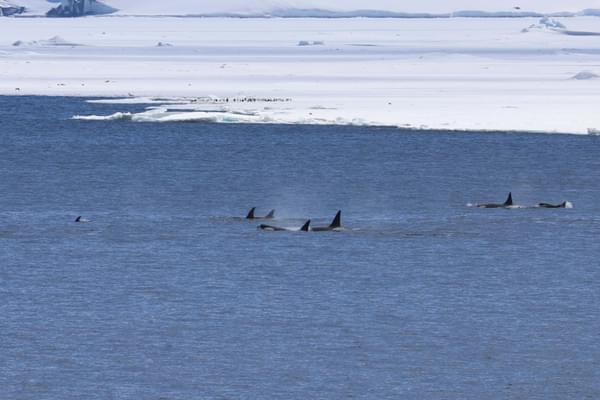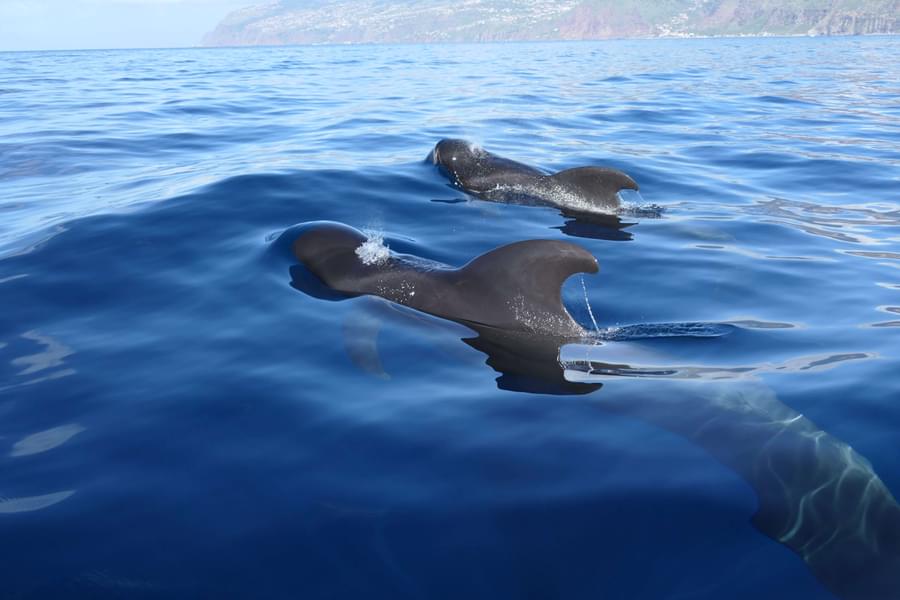Some fascinating new research by the University of Exeter has just been released showing that despite being separated by 90 million years of evolution, whales and humans have “remarkably similar life histories which have evolved independently”.
Aside from the human race, five whale species are the only other mammals to go through a menopause. A team led by scientists at the University of Exeter compared the lifespans of 32 species of whales. They found females of five "menopausal" species - narwhals and beluga, short-finned pilot, false killer and killer whales - lived about four decades longer than other toothed whales.
Aside from the distinction between cetacean species, female killer whales can live into their 80s, while males are typically dead by 40. This means that the more elderly females are less likely to be either competing for food, or for mates with their family offspring.
Professor Darren Croft, of the University of Exeter, said "The evolution of menopause and a long post-reproductive life could only happen in very specific circumstances" like a social structure where females are in "close contact with their offspring and grand-offspring".
One reason for this may be that it enabled the whales to become grandmothers and in doing so they could take on family responsibilities such as sharing food or "babysitting". These matriarchs could then play a vital role in sustaining family groups during points of crisis.
"We see just the same patterns in human societies - in hunter-gatherer societies - in times of drought," added Professor Croft. "Or during times of social conflict, where people would turn to the elders of their community who would have had the experience (and) the knowledge.
"I think it is important to draw that parallel between humans and cetaceans in terms of the role that these older matriarchs in the case of toothed whales, or grandmothers in the case of human societies, are playing."

The only way we can protect whales and dolphins is by understanding their distribution, and so monitoring is vital for effective conservation. Donate today to help ORCA continue to identify and study important whale hotspots around the world by visiting www.orca.org.uk/donate

